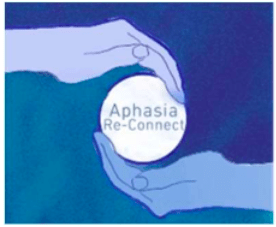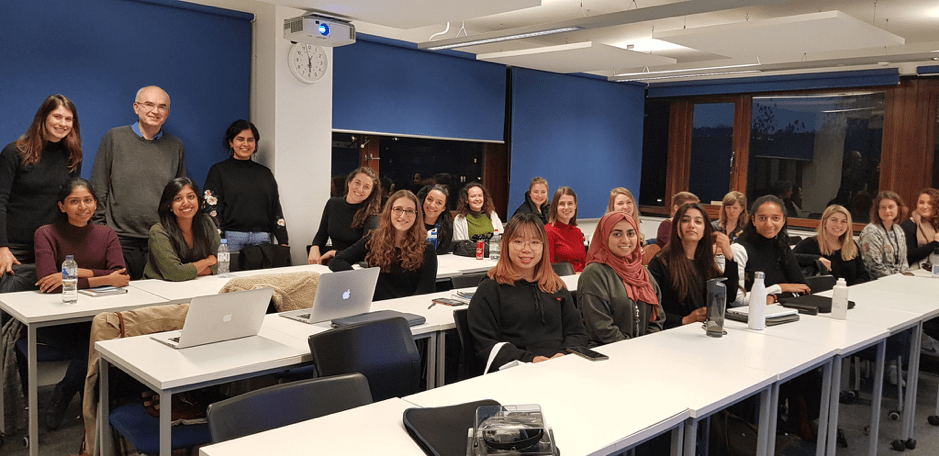
University can be extremely taxing on your wallet, especially if you are moving out or have a lengthy commute. These financial demands are exacerbated when you are studying at a London based university, as London is not a ‘university town’ and many people flock to the capital city each year, so the demand on this geographically-minute area increases. In order to combat these financial woes, here are some of the things I do to save money at university:
- Travel
As I commute to university by bus I purchase a bus pass on my Student Oyster Card. The Student Oyster card saves 30% on adult-rate Travelcards and Bus & Tram Pass season tickets. I manage to save around £25 per month by buying a bus pass, instead of using pay as you go.
I have also combined my 16-25 Railcard with my Oyster card, which means I save 34% on pay as you go and off-peak train fares and daily caps. Other tips include travelling at off-peak times and avoiding zone 1 on the train. If you are doing a health-related course it may be possible to be reimbursed for travel costs on placement.
- Food
Food is definitely an area where savings can be made, from simply bringing a packed lunch to putting groceries in the freezer so food does not spoil quickly. I often purchase groceries from larger supermarkets instead of their smaller equivalents such as ‘Tesco Express’ where items of food are priced up.
Cooking your own food really helps, and when you’re in the mood for a take-away pizza just bung a frozen one in the oven. I admit I am not the finest of chefs, so I sometimes alternated cooking with my flatmate or split the costs of ingredients to avoid having spaghetti for 5 nights in a row.
- Mentality
A lot of restraint is needed when your overdraft and savings are just a tap away. I have been there holding a flask of coffee enviously staring at barista made lattes, or standing in the microwave queue to heat up my lunch when the aroma from the canteen seeps up my nose. To avoid spending too much, I try not to buy when I am hungry or leave my card at home and take cash.
There are countless things you can do to save money whilst at university, the key is to stick to your methods. What are some of the things you do to save money?
Here is an entire blog dedicated to finances and being a student: https://www.savethestudent.org/











Recent Comments